Ohio Bureau of Workers’ Comp(BWC) Pharmacy Lock-in Program to Limit Abuse
For immediate release: Jan. 27, 2012
COLUMBUS – Ohio Bureau of Workers’ Compensation (BWC) Administrator/CEO Steve Buehrer today announced new measures to improve the safety of medication prescribed to Ohioans recovering from workplace injuries and limit the practice of doctor and pharmacy shopping. The Coordinated Services Program is designed to limit the dangers that can arise when medications are prescribed by multiple physicians and are processed in different pharmacies.
“There’s a point at which prescribed medications move from being a useful and necessary part of a treatment plan to hindering an injured workers’ recovery and return to work,” said Buehrer. “Identifying where prescriptions are being used in a manner other than medically necessary will set the injured worker on a better path to recovery. It will also assist in our return-to-work effort at BWC by addressing an issue that keeps claims lingering in our system longer than they should.”
The program allows BWC, under certain circumstances, to restrict an injured worker to the use of a single pharmacy for non-emergent prescriptions. The injured worker selects the pharmacy from a list of eligible pharmacies. BWC can also restrict an injured worker convicted of a drug offense to the use of a single prescribing physician, selected by the injured worker from BWC certified physicians, in order to receive reimbursement for non-emergent prescriptions.
The lock-in program is among several recent improvements made to BWC’s pharmacy program, including BWC’s first ever outpatient prescription drug formulary, which became effective in September. The industry-standard formulary focuses on the well-being of the injured worker by allowing for a thorough clinical review of each new medication, better monitoring and control of inappropriate use. The formulary is expected to save up to $15 million by the end of 2012.
BWC is also now requiring, with physician approval, generic medications when available and has established a Pharmacy and Therapeutics Committee comprised of practicing pharmacists and physicians to advise BWC leadership on issues related to the use of medications prescribed to treat injured workers. The committee is also conducting relatedness editing to ensure injured workers are receiving medications relevant to their conditions.


